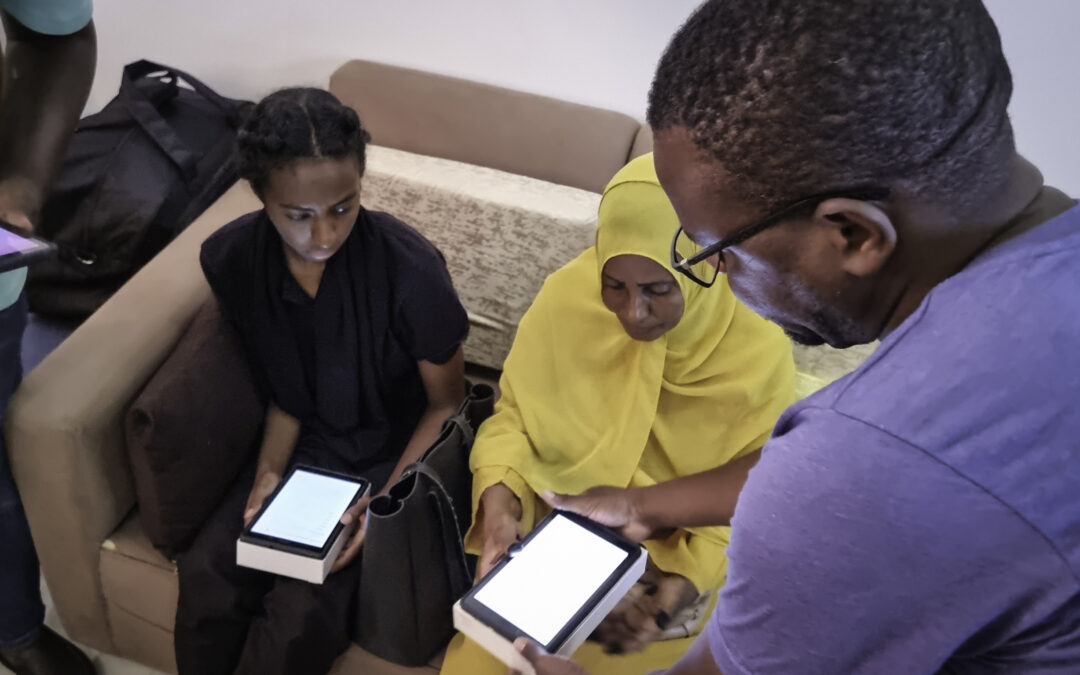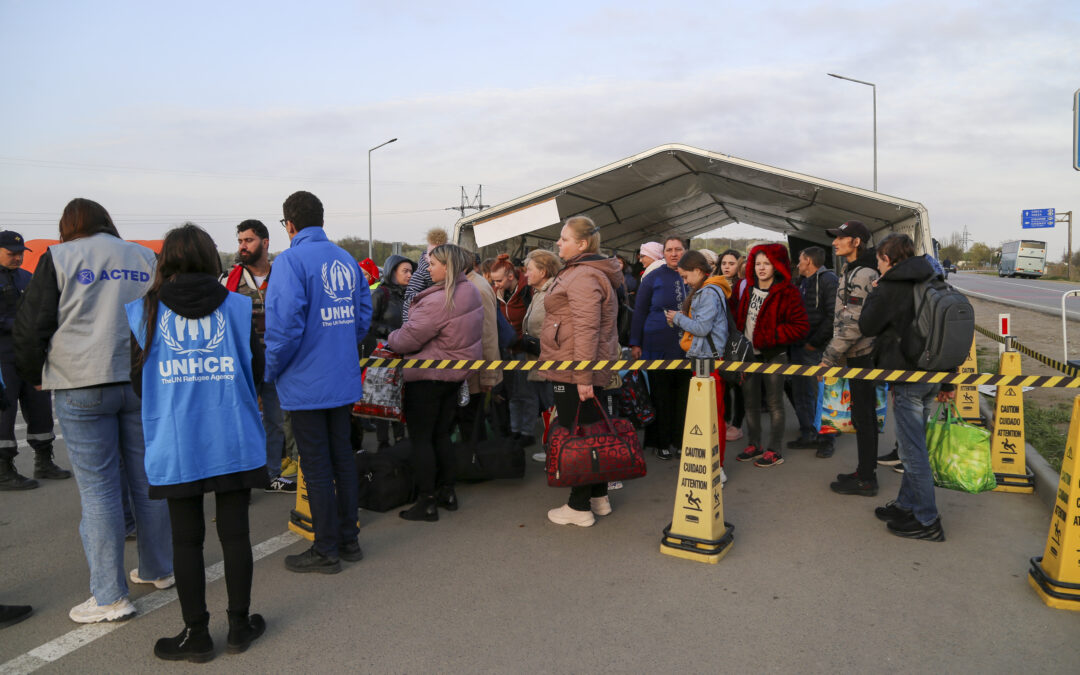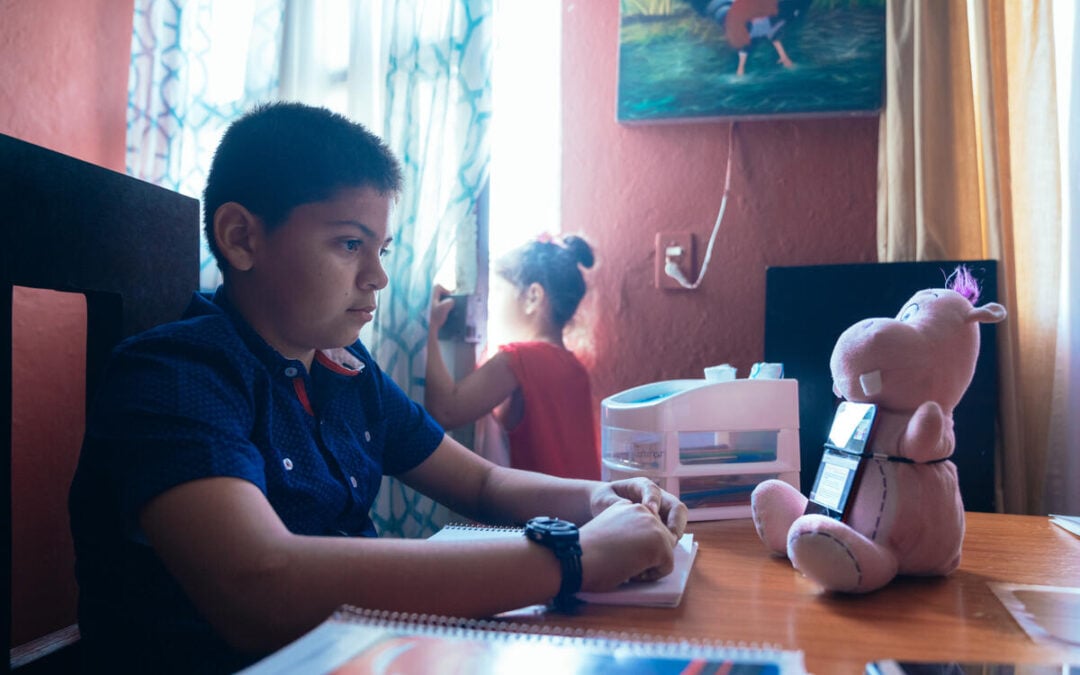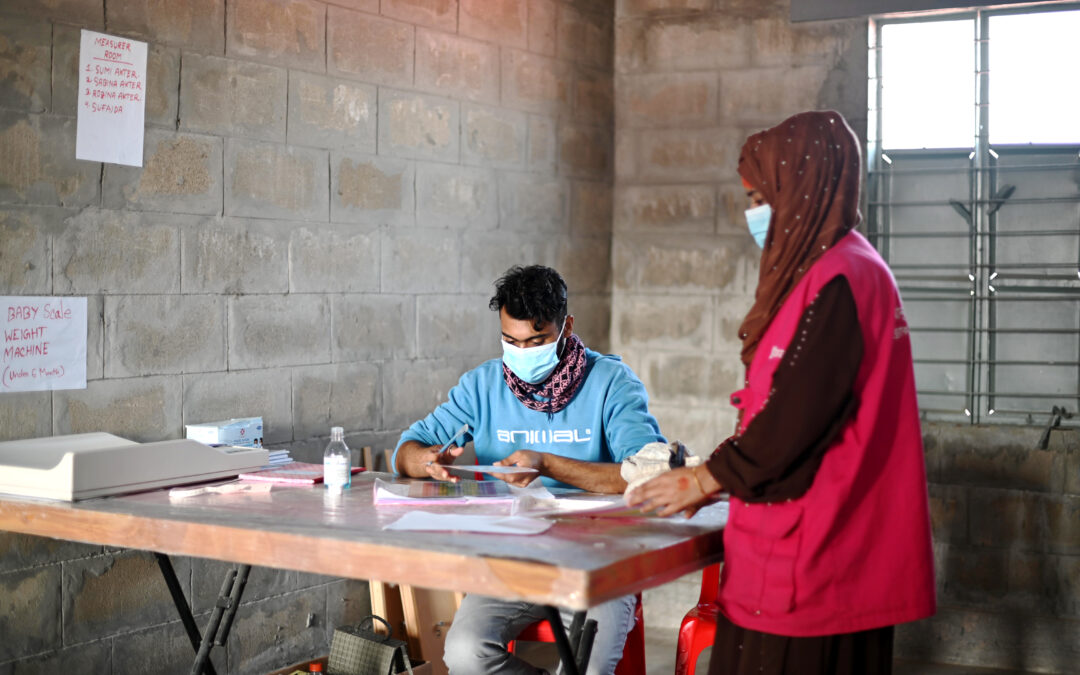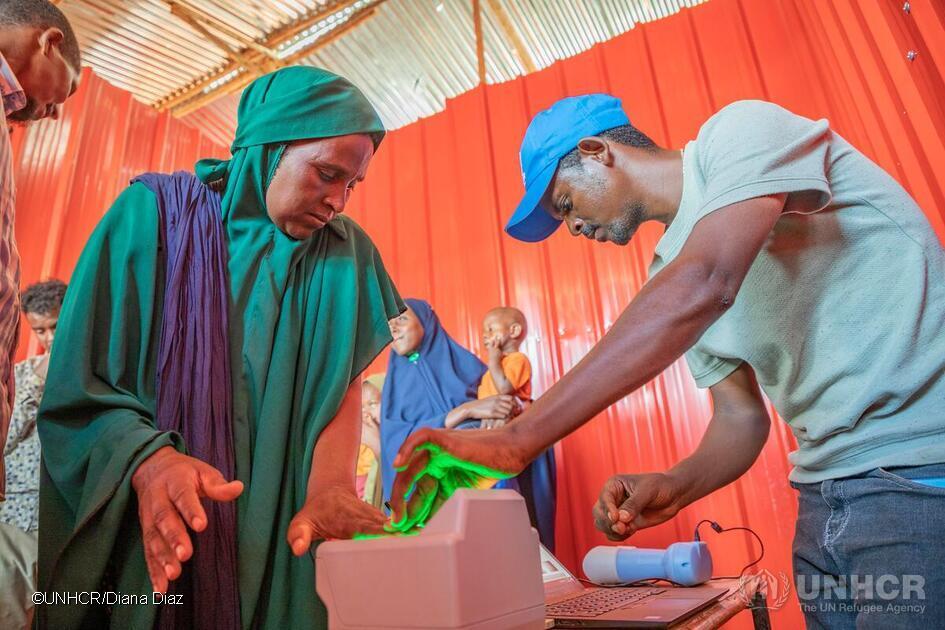
Biometrics innovation: Transforming the way we collect fingerprints at UNHCR
In 2002, UNHCR introduced biometrics, and leveraged the technology to manage the identity of the people it serves effectively. By capturing up to 10 fingerprints, 2 irises and a face photo during the initial encounter, biometrics play a crucial role from confirming an individual’s physical presence to providing assistance. UNHCR’s Biometric Identity Management System (BIMS) serves a diverse user base including UNHCR staff, partners, governments, and soon refugees themselves through self-service applications, all in a user-friendly manner. While BIMS has undergone countless improvements throughout the years, the biometric scanner devices used have remained largely unchanged.

